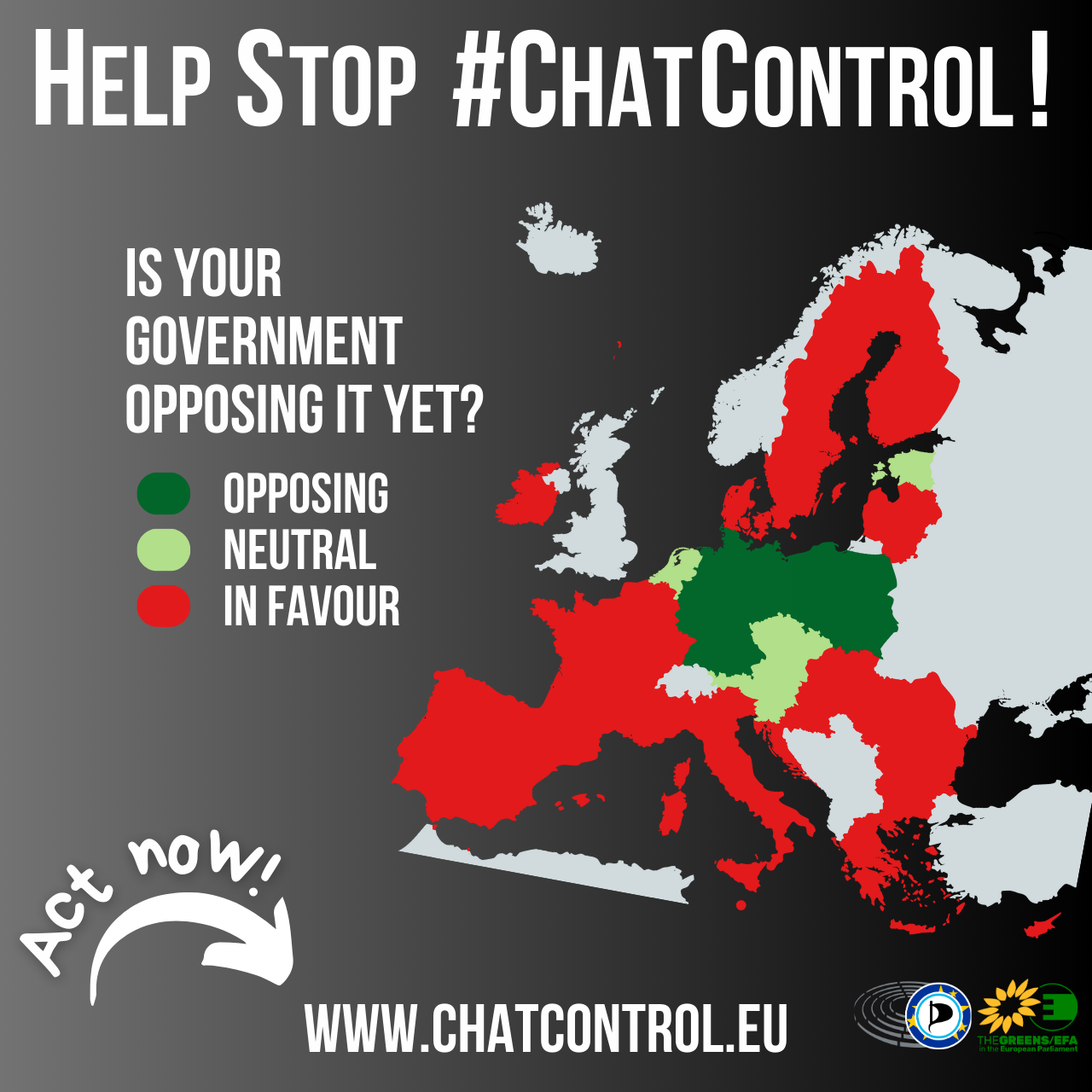this post was submitted on 31 Aug 2024
213 points (97.8% liked)
Europe
3907 readers
2 users here now
Europa
founded 5 years ago
MODERATORS
you are viewing a single comment's thread
view the rest of the comments
view the rest of the comments

@memphis We have our doubts whether chatcontrol is a bad thing or not. We base this solely on the fact that germany and holland are not in favour, while knowing that those countries are heavily under unfluence of american corporations.
In our opinion their social media (fb, insta, whatsapp, twitter etc) is influencing people to think bad about chatcontrol because they would loose profit on it, and so make people vote against it.
Tbh, more security is needed, especially on THEIR platforms.
I think that this is a very two dimensional way to look at the issue. Sure, big social media companies don't want to be responsible for what happens on their plattforms, but that doesn't and shouldn't mean that it is sensible to compromise encryption like this. Also, it's not like the already existing unencrypted, public parts of big social media platforms tend to be well moderated.
The argument that I often hear brought up is that this new surveillance capability would only be used when there is a court order, but even assuming that those are always fair and valid, and the police never circumvent due process, it being a possibility would inherently necessitate breaking end to end encryption, making communication less secure.
I don't think that the government should be allowed to secretly listen in on communication in this way, but even if one thinks they should be allowed to, breaking secure communication for everyone doesn't seem like a price that is justified.
Germany has bad experience with total surveillance and state power that misuses this information. Once through the Nazi-Regime and then the GDR (Stasi). We know how dangerous surveillance is, what desires it arouses and how easy it is to abuse. We've been through all this shit several times. Not going to happen again.
Germans are generally very concerned about their privacy and prefer that the state (or anyone) has little information about them. Hence, for example, the continued wide spread use of cash instead of cards. And the data protection laws, which are very strict by international standards.
Every country formerly behind the Iron Curtain had secret police and surveillance.